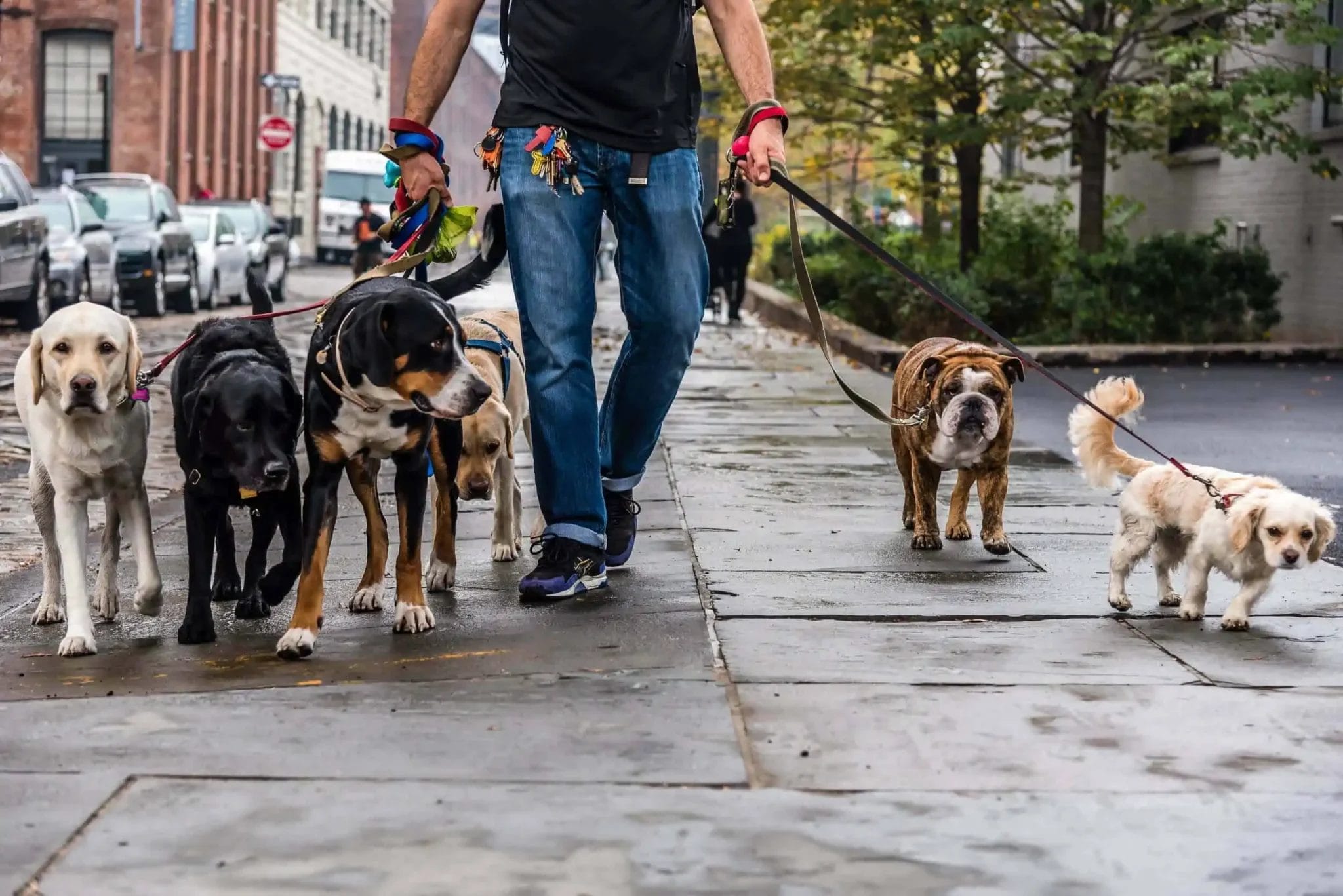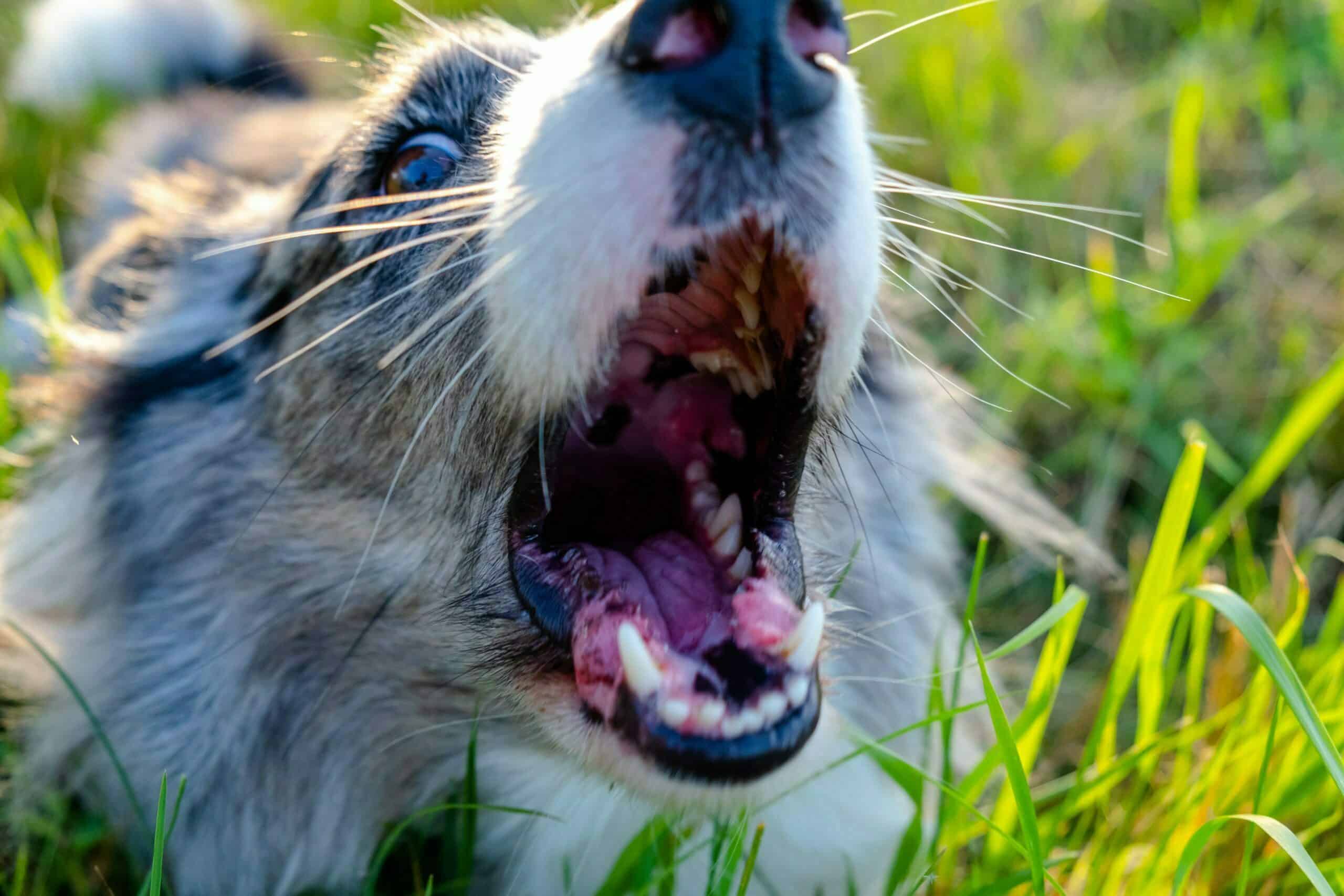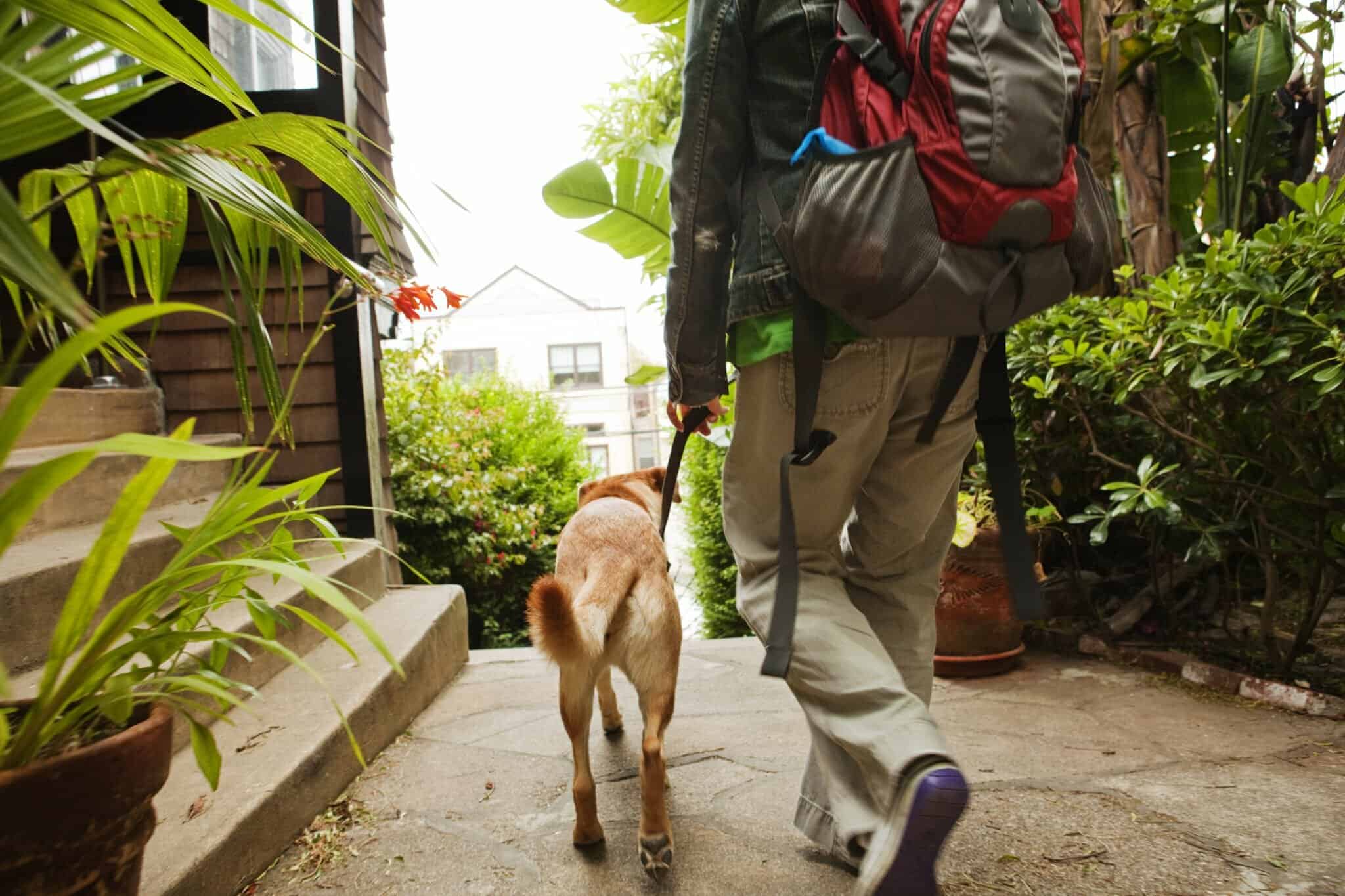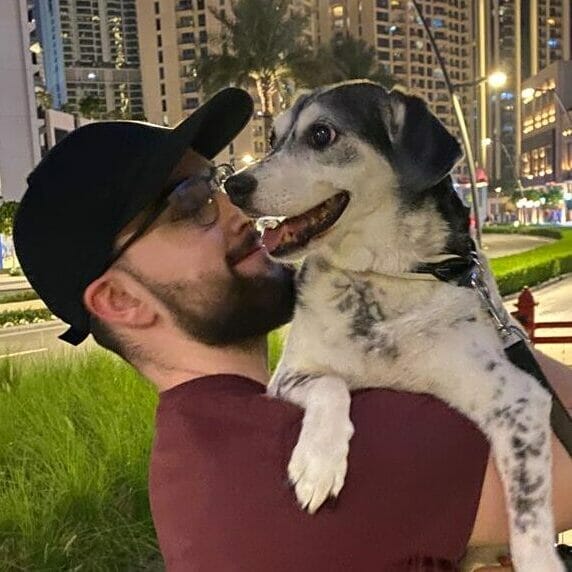
If you’re a dog lover, you know that growling is one way dogs communicate with each other and with humans. But what do you do when your dog starts growling at the dogwalker? It’s not necessarily a sign of aggression – there could be three different reasons why your dog is doing it. Understanding what’s going on can help you address the behavior head-on. So read on to learn more about why your dog might be growling and how to handle it!
Table of contents
Why do dogs growl at dog walkers?
Dogs are often considered people-friendly pets, which build a relationship with anyone without putting in more effort. However, there are times when a dog might take some time to cope with a stranger, especially if it experiences a bad first impression.
Here are some of the possible reasons why dogs growl at dog walkers.
Mishandling
You know your dog well, but the walker you appoint might not. Mishandling by walkers while taking your dog to the park might trigger fear or aggression, which can often result in your dog producing growls.
For instance, a dog knows his path to his favorite playground and all the things he loves along the route. If the walker doesn’t allow your dog to interact with his favorite activities, your fur friend might develop a negative impression of the walker.
These situations may trigger fear or aggression within your dog, which might lead to growling whenever your dog meets the dog walker.
Alpha dog characteristics
The Alpha dog maintains a dominant position among other dogs in a pack. In short, if you have a large dog, it is probably the alpha dog in the park where you take him for a stroll.
However, alpha dogs also respond with a growl when you don’t allow them to do what he likes. Since a dog walker is relatively new to your dog, he will need some time to understand your dog’s behavior and liking.
Although it is a common trait for an alpha dog, it can become potentially dangerous for the dog walker. The best way to deal with this problem is to train your dog.
Territorial aggression
Dogs often like to defend their territory, which in a way is good as it helps to keep your property or house protected. However, a dog might develop his claim over toys or food, which might hinder the walker-dog relationship.
This territorial aggression might also lead to excessive growling or even biting a dog walker if you walk into their space.
Thankfully, you can prevent your dog from developing excessive territorial aggression by training them to identify family members and other people from potential intruders.

How to build a successful walker-dog relationship
Dogs growling at your appointed dog walker can indicate a miscommunication, which can even lead to potential accidents if not rectified early.
So, helping your dog to mingle with his new friend will help you strengthen the walker-dog relationship with minimal fuss.
Here are the things you need to do to build a successful walker-dog relationship.
- Start walking your dog with your regular dog walker for a few walks. This will help your dog trust the dog walker.
- Teach the walker how you walk with your dog and how you handle situations during the entire walking session.
- You should provide detailed information about your dog’s behavior and the things it likes while walking.
- Train the walker to handle the leash and about any movements your dog dislikes during a walk
- Train the walker to respond to your dog’s calls or vice versa like you do when walking.
Observe this relationship for about one week and evaluate if there is a problem. If your dog is coping well with the walker, it’s all good, but if you notice anything else, you might have to appoint a different walker.

3 Different types of dog growls
High-pitched growls (throaty)
If you witness a dog producing a high-pitched growl, it often indicates that the dog wants to stay alone. In short, the dog is trying to say “leave me alone” to people or other animals approaching it.
Although a high-pitched growl is usually not associated with an attack, experts recommend staying away from such dogs to avoid any untoward accident.
Medium-pitched growls (produced from the chest)
A dog produced a medium-pitched growl from the chest, which is not an ideal invitation for anyone. Dog experts often consider this growl serious, and it would be best to avoid further contact.
Dogs growl to avoid or discourage further investigation, especially toward dog walkers or strangers. A medium-pitched growl also means that the dog is not afraid of you and will likely attack if provoked.
Low-pitched growls (produced from the belly)
A low-pitched growl produced by a dog is the one you should totally avoid. This growl is usually accompanied by an aggressive body stance and wild staring, which can even lead to a fatal accident.
In short, if you witness a dog producing a low-pitched growl, it would be best to stay away from it.
Now that you know about the different types of dog growls, let’s now understand why dogs growl at dog walkers.

Final Thoughts
Dogs growling to express fear, aggression, dominance, and territory may be common with other dogs or animals. However, if your dog growls at a dog walker, it may indicate otherwise.
While dogs do use aggression or fear to power their growls, you can reduce or possibly fix these issues with proper training. However, ensure that you conduct a proper check on a person before appointing him as your dog walker to get the best results.

